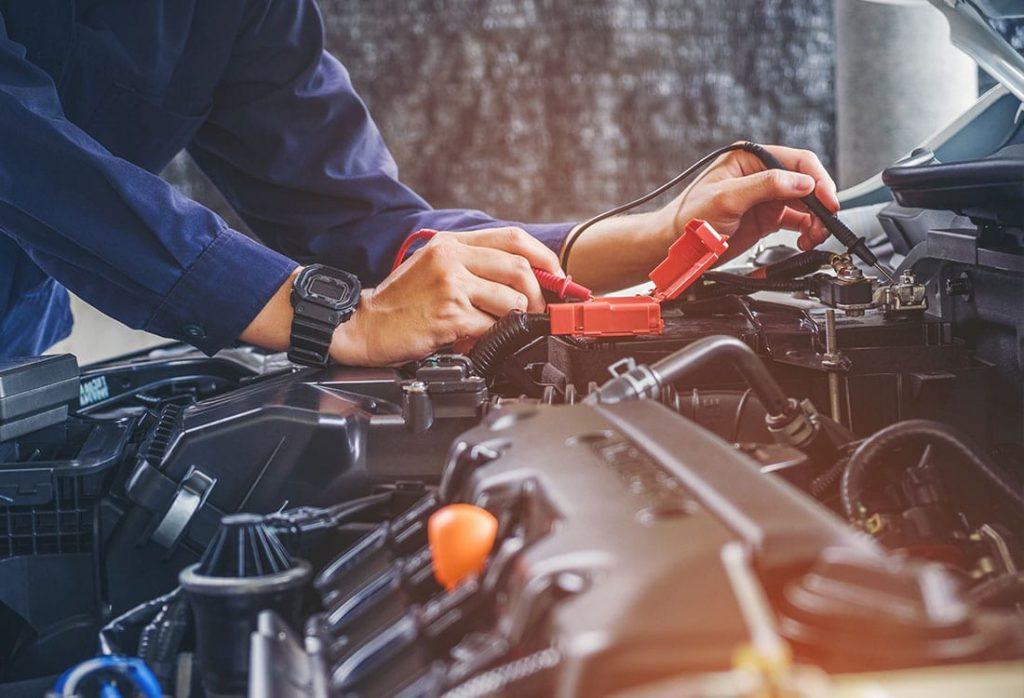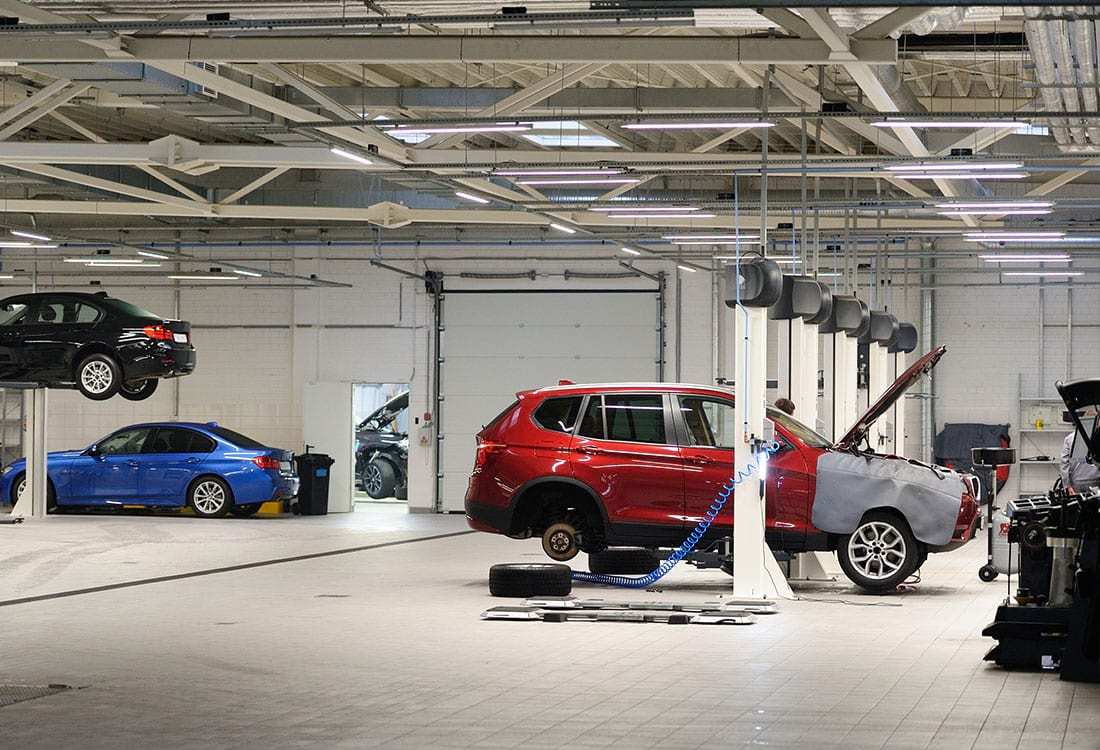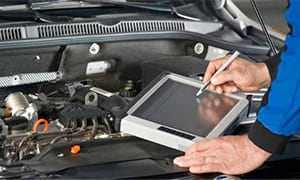There’s a massive range of skills and qualities that we could rattle on about in trying to answer that question! The mix of these things probably changes from workshop to workshop too, as our industry is a big and complex one – what trade, and are we talking cars or trucks, main dealer or independent, diagnostic technician or service technician?
When it all boils down though, we think there’s a key set of attributes (beyond mechanical competence) that come up time and again when good automotive tradespeople are pointed out by their managers, their customers or their peers. No matter what sort of role you have in the automotive industry, the following list is a golden set of traits we’ve collected over the years. We think any automotive tradesperson should be striving for these things if they want to be the best they can be in their trade, to really become industry professionals:
- A positive attitude. This comes up time and again talking with workshop managers about their staff, with one of our favourites in Sydney often saying, “I can teach someone to fix cars well, but I can’t teach them to want to do it.” Being a motor mechanic – a good motor mechanic (or any other auto tradesperson) – is impossible if you’re not prepared to challenge yourself to do something with the job that keeps you motivated. It could be your raw passion for the vehicles, your hunger for more skills and knowledge, your love of team work, or hitting budgets – find what drives you and show it
- Great communication skills. If you aspire to be a professional in your trade, the ability to communicate well with everyone around you is essential. There isn’t one way to show this either – being calm and understanding with a frustrated customer is a different communication skill to giving a service advisor a very clear and detailed set of notes on a complicated job they might have trouble understanding themselves. Either way, the key thing is to consider how well you will be understood, and how your message contributes to getting the best outcomes. Fixing cars or trucks is only part of the job
- Attention to detail. This relates to obvious things like minimising mistakes, decreasing the time jobs take, or improving customer satisfaction results. However, there’s more to it than that. Really good tradespeople (as an example) know that changing engine oil is expected, but fixing that unreported dash rattle might not be, and when it’s fixed (and communicated!) that attention to detail will not go unnoticed
- Master the commercial aspect of your job. It’s sometimes easy to let the money behind the industry impact your passion as a motor mechanic, but good tradespeople embrace the commercial realities of the trade and master them. This means using targets to inspire and show some leadership, understanding that when money is being make because targets are reached, it’s a recognition of effort and the value of your qualities as a good motor mechanic
The best thing for a lot of people to keep in mind here is that none of this requires you to be a master technician, to have decades of experience, or to specialise in one manufacturer or vehicle component. If you incorporate these points into the way you work in the automotive industry, you’ll be on your way to being a good motor mechanic no matter which stage of your career you’re at, even if you’re just setting off.
If you’d like to chat about your experience and finding the right role to push your career forward in the ways this blog discusses, we’re here to help: https://app-au.techsonthemove.com/job-seekers/register-with-us-candidate/










